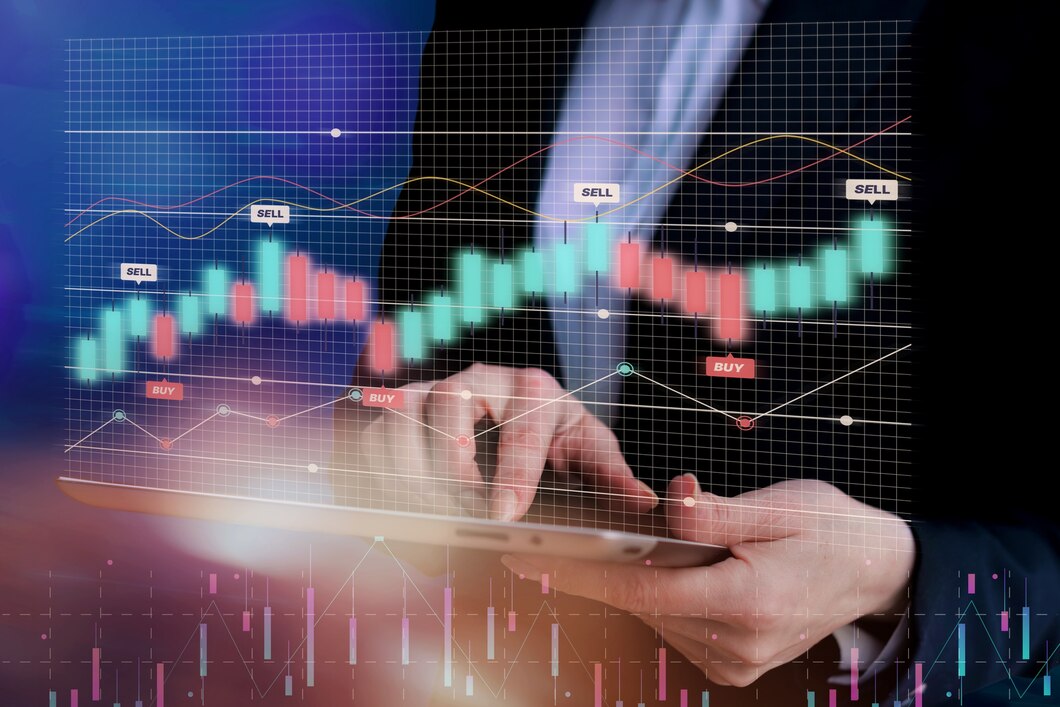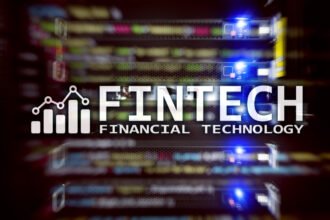The Emergence of Digital Asset Exchanges: Opportunities and Challenges
Digital assets have become an integral part of the financial landscape, with the rise of cryptocurrencies and blockchain technology. As a result, digital asset exchanges have emerged as essential platforms for buying, selling, and trading these assets. In this article, we will explore the opportunities and challenges associated with the emergence of digital asset exchanges. Start your trading journey by investing in a reputable trading platform such as bitalpha-ai.io.
Definition of Digital Assets
Digital assets encompass a wide range of assets that exist in a digital form. They include cryptocurrencies like Bitcoin, Ethereum, and Ripple, as well as tokenized assets such as security tokens and utility tokens. Unlike traditional assets, digital assets are stored on blockchain networks, which provide transparency, security, and decentralization.
Evolution of Digital Asset Exchanges
Digital asset exchanges have come a long way since the early days of cryptocurrencies. Initially, exchanges were unregulated and lacked the necessary infrastructure to handle large-scale trading. However, with the growing popularity of digital assets, exchanges have evolved to become more secure, reliable, and user-friendly.
Benefits of Digital Asset Exchanges

Digital asset exchanges offer several advantages for investors and traders. Firstly, they provide liquidity, allowing users to buy and sell digital assets easily. This liquidity is crucial for the efficient functioning of the market and enables users to enter and exit positions quickly. Additionally, digital asset exchanges offer a wide range of assets, allowing investors to diversify their portfolios. Furthermore, these exchanges operate 24/7, providing users with access to the market at any time.
Challenges in Digital Asset Exchanges
While digital asset exchanges bring numerous opportunities, they also face various challenges. One significant concern is security. Due to the decentralized nature of blockchain networks, digital assets are prone to hacking and theft. Exchanges need to implement robust security measures to protect user funds and prevent unauthorized access.
Regulatory landscape poses another challenge for digital asset exchanges. As the industry is relatively new and rapidly evolving, regulations vary across jurisdictions. Exchanges must navigate through different legal frameworks, compliance requirements, and licensing processes to ensure they operate within the bounds of the law.
Market volatility is also a challenge faced by digital asset exchanges. The value of digital assets can experience significant fluctuations, which may impact trading volumes and user sentiment. Exchanges need to provide tools and resources for users to manage risk effectively in such a dynamic market.
Regulatory Landscape
The regulatory landscape surrounding digital asset exchanges is still evolving. Different countries and jurisdictions have taken varied approaches to regulate these platforms. Some countries have embraced digital assets and have implemented comprehensive regulatory frameworks to ensure investor protection, market integrity, and anti-money laundering measures. On the other hand, some countries have imposed stricter regulations or even banned digital asset exchanges altogether.
The lack of global regulatory consistency poses a challenge for exchanges operating across multiple jurisdictions. They must navigate through a complex web of regulations and comply with different requirements, which can be time-consuming and costly. However, efforts are being made to establish international standards and promote collaboration between regulators to create a more cohesive regulatory environment for digital assets.
Future Trends
The future of digital asset exchanges holds promising opportunities. As the industry continues to mature, we can expect to see advancements in areas such as decentralized exchanges (DEXs), tokenization of real-world assets, and integration with traditional financial systems.
Decentralized exchanges aim to eliminate the need for intermediaries by allowing users to trade directly from their wallets. This not only enhances security but also promotes greater transparency and control over assets.
The tokenization of real-world assets, such as real estate, artwork, or commodities, has the potential to unlock new investment opportunities. Tokenizing these assets allows for fractional ownership, increased liquidity, and accessibility to a wider range of investors.
Integration with traditional financial systems is another significant trend. As digital assets gain more recognition and acceptance, we can expect to see increased collaboration between digital asset exchanges and traditional financial institutions. This integration will bridge the gap between traditional finance and the digital asset ecosystem, opening doors to new financial products and services.
Conclusion
The emergence of digital asset exchanges has revolutionized the way we perceive and interact with financial assets. These platforms have created new opportunities for investors and traders, providing access to a wide range of digital assets and facilitating seamless trading. However, they also face challenges related to security, regulations, market volatility, and user experience.
As the digital asset industry continues to evolve, it is essential for exchanges to prioritize security measures, adapt to changing regulatory landscapes, provide tools to manage market volatility, and focus on improving the user experience.

















